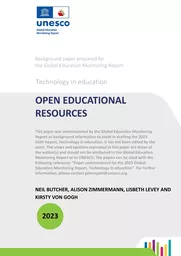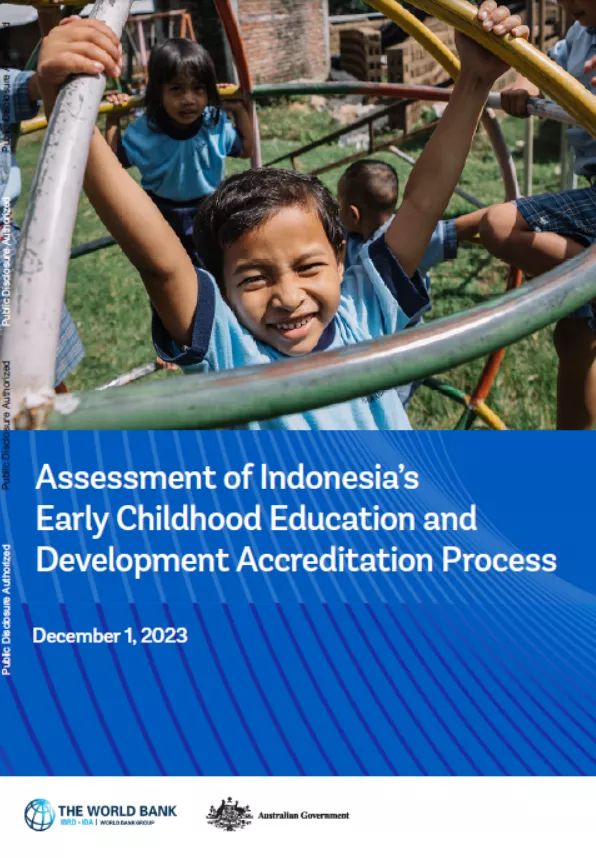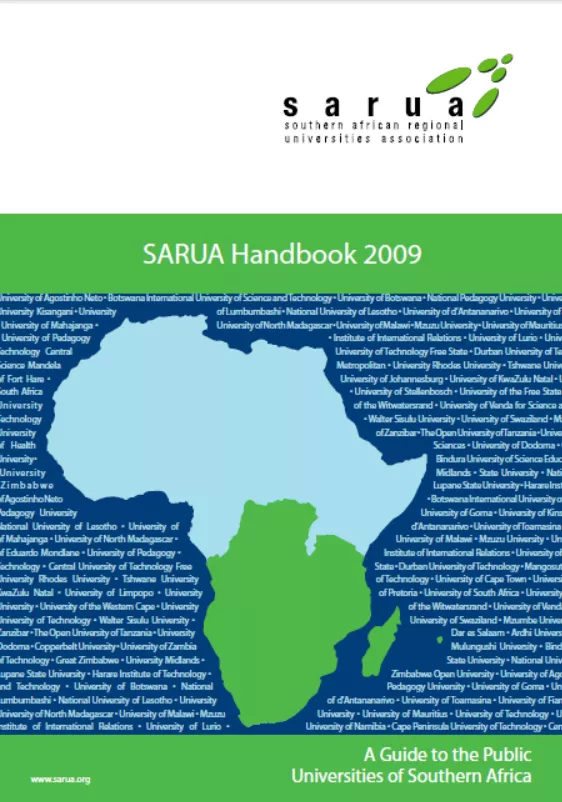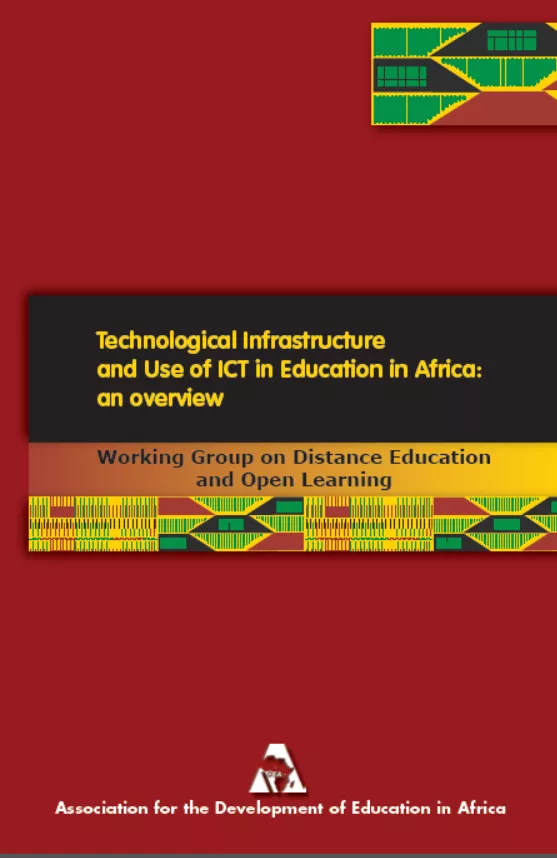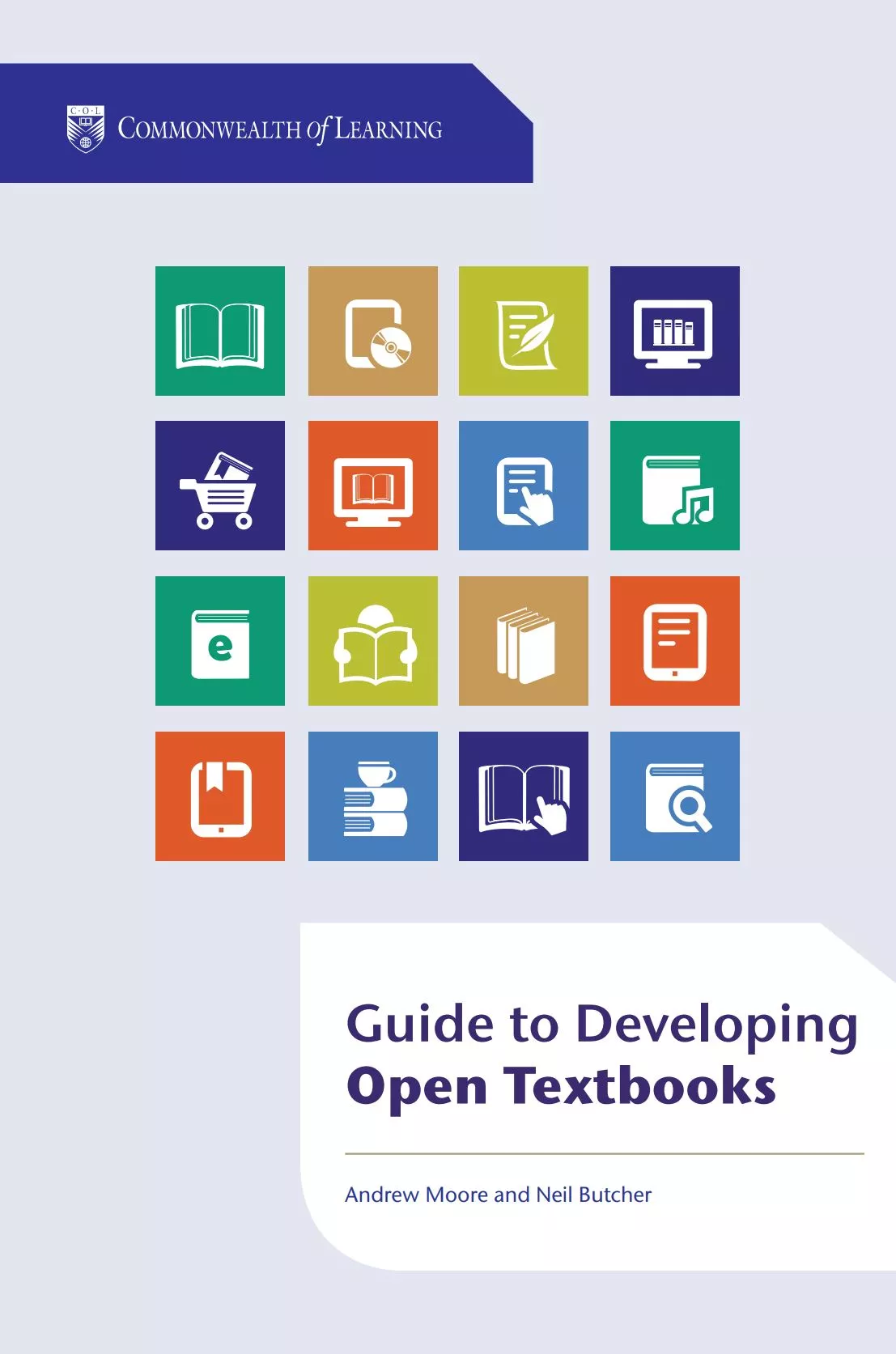Resources
Featured resources
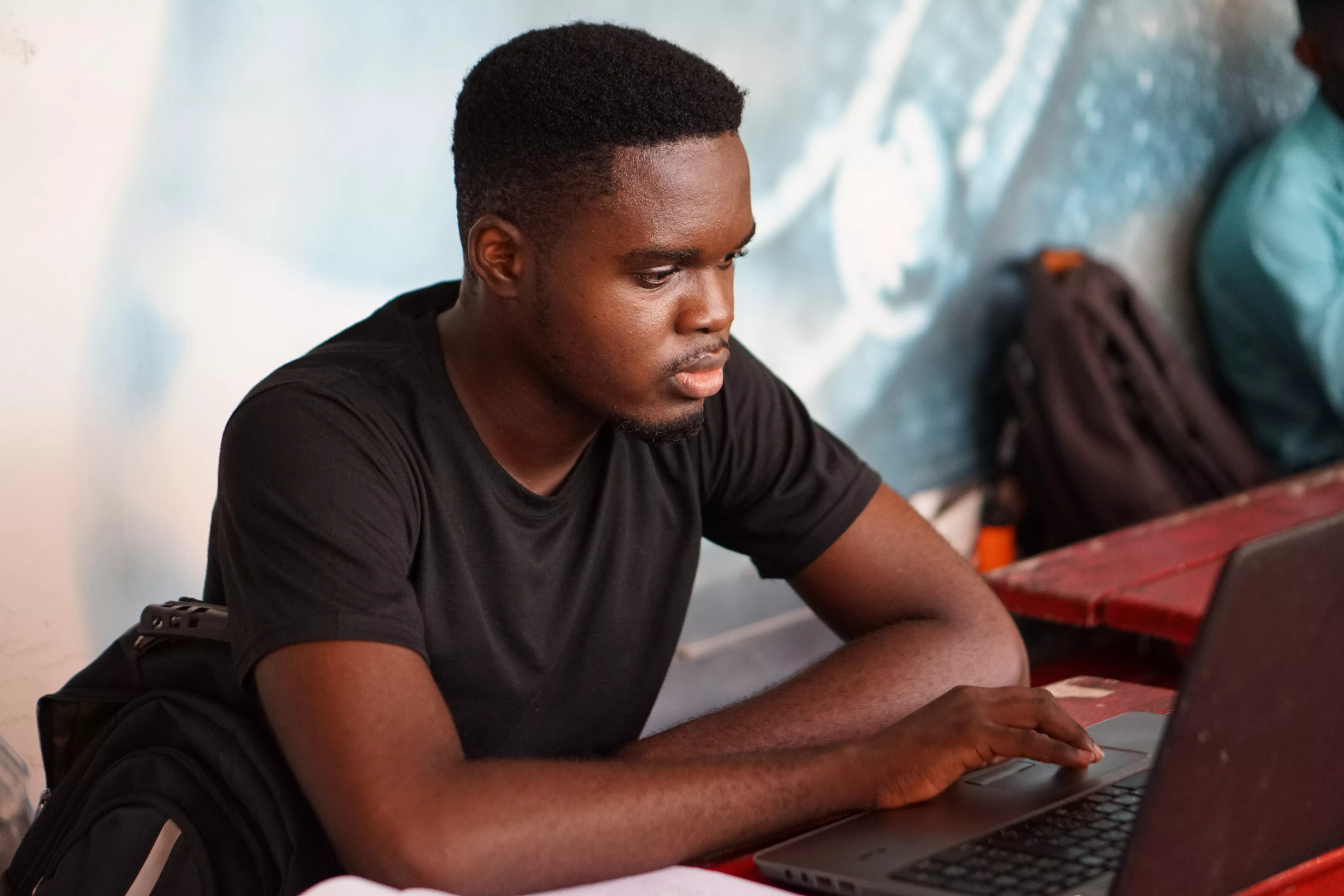
The South African National Qualifications Framework and the Fourth Industrial Revolution
For the first time in the history of the South African Qualifications Authority (SAQA) Bulletins, the writing of papers and the production phases of the Bulletin materialised within the context of a global pandemic. The Fourth Industrial Revolution (4IR) has become a topical area of discussion and engagement across various sectors, including education and training, and developments have gained momentum under Covid-19.
Guide to Developing Open Textbooks
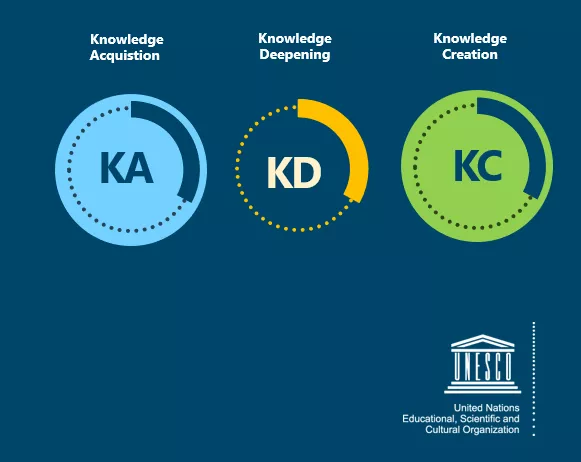
UNESCO ICT-CFT & OER
How do we get teachers to integrate ICT effectively into teaching and learning, and into their other administrative duties? This presentation explores how to use the UNESCO ICT Competency Framework for Teachers (CFT) and the OER Commons repository of aligned OER to build teacher professional development courses.
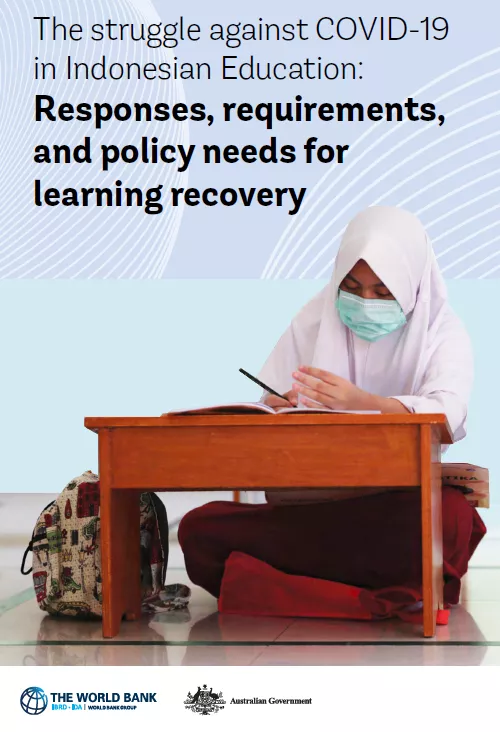
The impact of COVID-19 on Indonesian education: Responses, requirements, and policy needs for returning to school
This report reflects on the Indonesian school system’s response to the COVID-19 pandemic, assesses the influences of these policies on children in Indonesia, and discusses lessons learned. It further synthesizes these lessons into policy recommendations that might guide the Ministry of Education, Culture, Research and Technology (MoECRT) to recover and to strengthen the system.
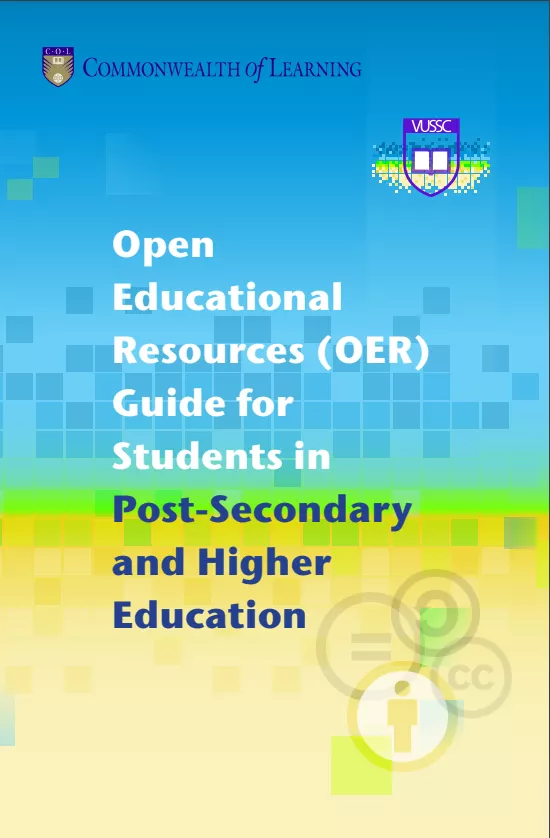
Open Educational Resources (OER) Guide for Students in Post-Secondary and Higher Education
This guide provides an introduction to Open Educational Resources (OER) for students in post-secondary and higher education. It is aimed at helping you, as students, to explore the value of good quality OER, and provides an introduction on how to find and use OER. It intends to serve primarily as a source of reference for students in the Small States of the Commonwealth, but we hope it will be useful to students from any country.
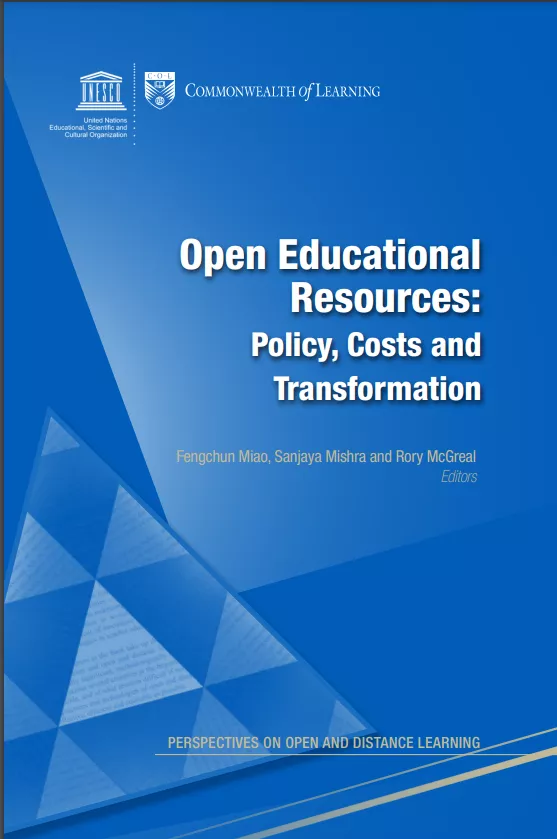
Chapter 5 - Caribbean Open Textbooks Initiative
This chapter considers both the role that Open Educational Resources (OER) can play in supporting school-level pedagogical transformation, and the policy approaches to initiate transformation in public school systems. Focusing on the context of Antigua & Barbuda, the chapter recognises that, for change to be effective, it needs to be driven at the systemic level, as this ultimately directs most public school systems’ operations.
Assessment of Knowledge Society Development in Botswana
The Global E-Schools and Communities Initiative (Gesci), in collaboration with the African Union Commission (AUC) and other partners, developed an African Leaders in ICT (ALICT) capacity-building programme. The first phase of the programme ran from 2012-2013, focusing on leadership capacitybuilding in twelve countries (Botswana, Ethiopia, Kenya, Malawi, Mauritius, Mozambique, Namibia, Rwanda, South Africa, Tanzania, Uganda, and Zambia).
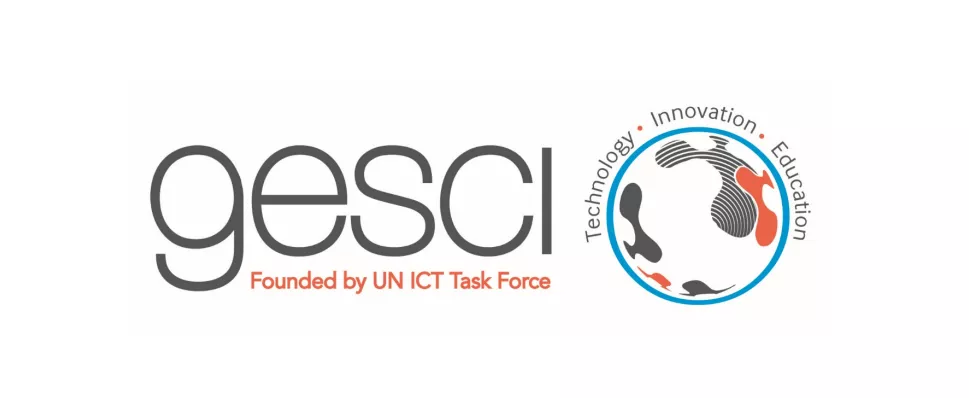
Assessment of Knowledge Society Development in 16 African countries
The Global E-Schools and Communities Initiative (Gesci), in collaboration with the African Union Commission (AUC) and other partners, developed an African Leaders in ICT (ALICT) capacity-building programme. The first phase of the programme ran from 2012-2013, focusing on leadership capacitybuilding in twelve countries (Botswana, Ethiopia, Kenya, Malawi, Mauritius, Mozambique, Namibia, Rwanda, South Africa, Tanzania, Uganda, and Zambia).
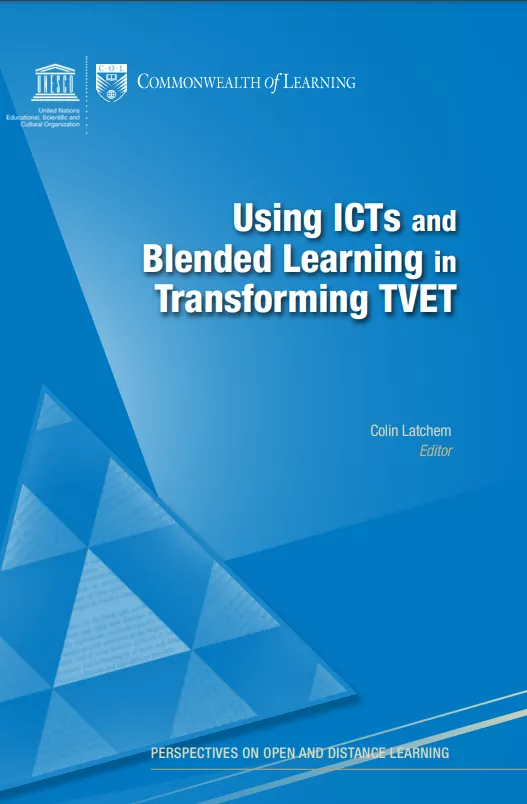
Chapter 12 - Considerations in Costing ODL and ICTs in TVET
With many TVET systems in the developing world now considering the adoption of ODL and ICTs because of the promised cost efficiencies, it is important to examine the costing of these new educational and training practices. Given the dearth of resources focusing specifically on costing ODL in TVET, this chapter focuses more generally on costs in the use of ODL and ICTs and extrapolates these findings to the TVET context. This chapter explores the costs of ODL and how to avoid the ramifications of weak financial planning.

Lessons learned: British Council/DHET A21 Guidelines
Andrew Moore and Kirsty von Gogh discuss lessons learned from the British Council/DHET A21 Guidelines project. Based on our experience and statistics gleaned from British Council/DHET A21 guidelines, we identify good practices for an African educational institutions in terms of designing, developing and deploying media campaigns.
Browse resources
Search resources

The South African National Qualifications Framework and the Fourth Industrial Revolution
For the first time in the history of the South African Qualifications Authority (SAQA) Bulletins, the writing of papers and the production phases of the Bulletin materialised within the context of a global pandemic. The Fourth Industrial Revolution (4IR) has become a topical area of discussion and engagement across various sectors, including education and training, and developments have gained momentum under Covid-19.
Guide to Developing Open Textbooks

UNESCO ICT-CFT & OER
How do we get teachers to integrate ICT effectively into teaching and learning, and into their other administrative duties? This presentation explores how to use the UNESCO ICT Competency Framework for Teachers (CFT) and the OER Commons repository of aligned OER to build teacher professional development courses.

The impact of COVID-19 on Indonesian education: Responses, requirements, and policy needs for returning to school
This report reflects on the Indonesian school system’s response to the COVID-19 pandemic, assesses the influences of these policies on children in Indonesia, and discusses lessons learned. It further synthesizes these lessons into policy recommendations that might guide the Ministry of Education, Culture, Research and Technology (MoECRT) to recover and to strengthen the system.

Open Educational Resources (OER) Guide for Students in Post-Secondary and Higher Education
This guide provides an introduction to Open Educational Resources (OER) for students in post-secondary and higher education. It is aimed at helping you, as students, to explore the value of good quality OER, and provides an introduction on how to find and use OER. It intends to serve primarily as a source of reference for students in the Small States of the Commonwealth, but we hope it will be useful to students from any country.

Chapter 5 - Caribbean Open Textbooks Initiative
This chapter considers both the role that Open Educational Resources (OER) can play in supporting school-level pedagogical transformation, and the policy approaches to initiate transformation in public school systems. Focusing on the context of Antigua & Barbuda, the chapter recognises that, for change to be effective, it needs to be driven at the systemic level, as this ultimately directs most public school systems’ operations.
Assessment of Knowledge Society Development in Botswana
The Global E-Schools and Communities Initiative (Gesci), in collaboration with the African Union Commission (AUC) and other partners, developed an African Leaders in ICT (ALICT) capacity-building programme. The first phase of the programme ran from 2012-2013, focusing on leadership capacitybuilding in twelve countries (Botswana, Ethiopia, Kenya, Malawi, Mauritius, Mozambique, Namibia, Rwanda, South Africa, Tanzania, Uganda, and Zambia).

Assessment of Knowledge Society Development in 16 African countries
The Global E-Schools and Communities Initiative (Gesci), in collaboration with the African Union Commission (AUC) and other partners, developed an African Leaders in ICT (ALICT) capacity-building programme. The first phase of the programme ran from 2012-2013, focusing on leadership capacitybuilding in twelve countries (Botswana, Ethiopia, Kenya, Malawi, Mauritius, Mozambique, Namibia, Rwanda, South Africa, Tanzania, Uganda, and Zambia).

Chapter 12 - Considerations in Costing ODL and ICTs in TVET
With many TVET systems in the developing world now considering the adoption of ODL and ICTs because of the promised cost efficiencies, it is important to examine the costing of these new educational and training practices. Given the dearth of resources focusing specifically on costing ODL in TVET, this chapter focuses more generally on costs in the use of ODL and ICTs and extrapolates these findings to the TVET context. This chapter explores the costs of ODL and how to avoid the ramifications of weak financial planning.

Lessons learned: British Council/DHET A21 Guidelines
Andrew Moore and Kirsty von Gogh discuss lessons learned from the British Council/DHET A21 Guidelines project. Based on our experience and statistics gleaned from British Council/DHET A21 guidelines, we identify good practices for an African educational institutions in terms of designing, developing and deploying media campaigns.


